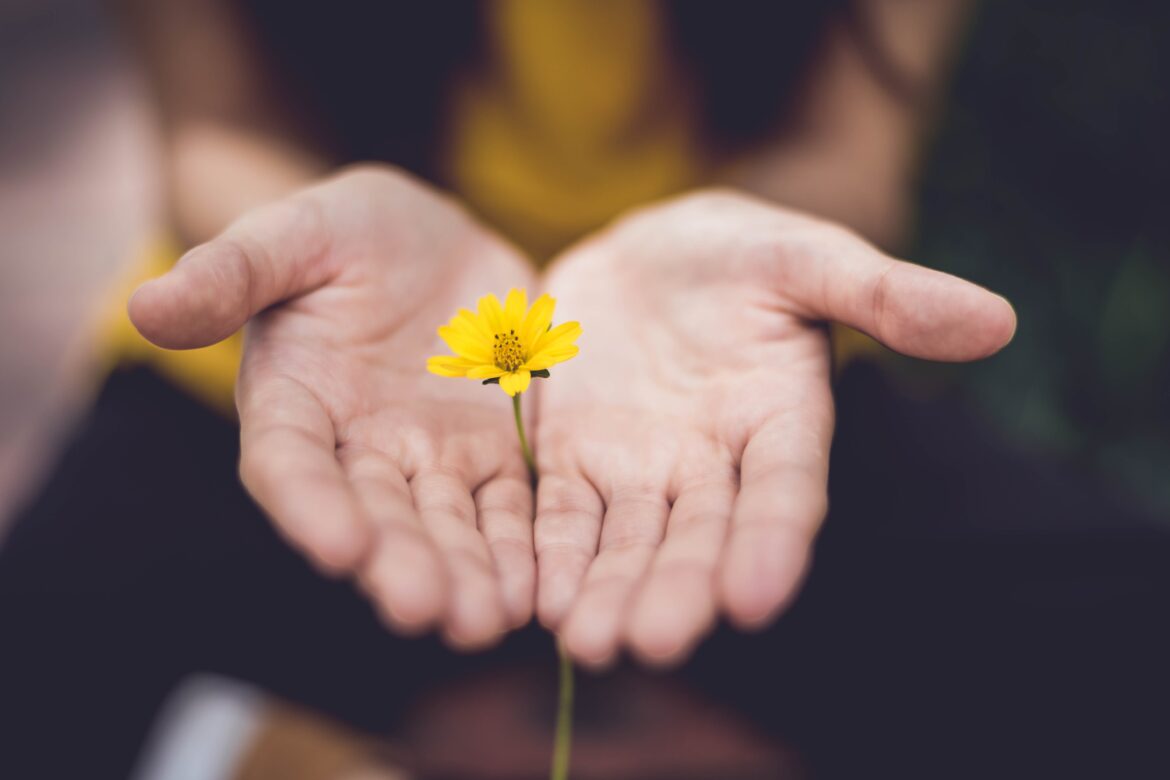Welcome to September which is Suicide Prevention Awareness month. In these challenging times, it’s even more important that we support ourselves and help each other. World Suicide Prevention Day is 10 September. During this month we would like you to consider how you can improve your resilience and mental health. Life can be tough and difficult stuff happens. We aren’t always in control. What we can do is proactively seek out and maintain connections and activities that help us to maintain our emotional resilience so we are able to buffer problems better.
Many of the people we speak to talk about a series of difficulties happening in quick succession and feeling as if they never really had chance to recover from one before they were hit with the next. Take a moment to reflect on where you at, check in with yourself, do a mental MOT.
Ask yourself these 10 questions:
1.How are you feeling today, really? Physically and mentally.
2. What’s taking up most of your headspace right now?
3. What was your last full meal, and have you been drinking enough water? Have you increased the intake or alcohol, substances or prescription medication?
4. How have you been sleeping?
5. What have you been doing for exercise?
6. What did you do today that made you feel good?
7. What’s something you can do today that would be good for you?
8. What’s something you’re looking forward to in the next few days?
9. What’s something you can do with someone else?
10. What are you grateful for right now?
Consider how you answer these questions and what they are highlighting. You may be feeling a bit hopeless as if there is nothing to look forward to, stuck with a problem that isn’t within your control or struggling to look for a positive. This is time to reach out and chat to someone who can openly listen so you can help feel less isolated and may be look at something from a different perspective. Two leading factors that contribute to suicide are isolation and feeling a burden.
Statistically for every person who completes a suicide, 20 or more may have attempted to end their life. Suicide is the 10th biggest cause of death worldwide. In 2019 there were 5,691 suicides registered in England and Wales. Around three quarters of registered deaths in 2019 were among men (4,330 deaths) which follows a consistent trend back to the mid 1990s. Males aged 45 to 49 had the highest age specific suicide rate (25.5 deaths per 100,000 men). For women, the age group with the highest rate was 50 to 54 years of age (7.4 deaths per 100,000 men).
There are lots of reasons about why more men than women die due to suicide. Generally, men aren’t as good at reaching out for help either to professionals or others, their support networks aren’t always maintained well and the method of suicide men choose is often more violent. The mental health forum has a good section on how to do a ‘Man’s MOT’ Man MOT | Men’s Health Forum (menshealthforum.org.uk). Despite having a lower number of deaths overall, rates among the under 25s have generally increased in recent years, particularly 10- to 24-year-old females where the rate has increased significantly since 2012 to its highest level with 3.1 deaths per 100,000 females in 2019.
Improving connections
Let’s focus on reducing isolation – something we can also help others with too. Ask yourself how do you connect with people eg friends, family, neighbours, colleagues? What about your connection to nature, your pets and environment? People who have a strong sense of connectedness have longer and healthier lives. Maintaining connections requires an investment of time and energy. For people with busy lives, this can seem to fall at the bottom of our agendas and relationships can easily dwindle. This week think about who you haven’t had contact with for a while and reach out.
Some people considering suicide may hint at or even disclose to friends, colleagues, family that they intend to take their own life. Other people who are feeling suicidal may never mention it at all or give any indication they are feeling low. There is no evidence to suggest that asking someone if they are OK will make them feel worse. Only a third of people who die by suicide have been in contact with a mental health service in the year before their death.
If you or someone you know is feeling low and you are concerned about your or their well-being but don’t feel at immediate risk, you can get help from your GP, ringing 111 but also by contacting agencies such as:
SHOUT 85258 text service for mental health support: giveusashout.org
Samaritans Tel: 116123 or email: jo@samaritans.org.uk
SOS Silence of Suicide, Tel: 0300 1020 505, What, Where, Why – SOS (sossilenceofsuicide.org)
Papyrus (for under 35s) Tel: Hopeline 0800 0684141 I’m Thinking About Suicide | Papyrus UK | Suicide Prevention Charity (papyrus-uk.org)
Just for men contact C.A.L.M Tel: 0800 585858, webchat and online: thecalmzone.net
If you are worried about a colleague, remind them about help that may be freely accessible such as an Employee Assistance Helpline, support through private healthcare, HR or occupational health teams. You may have a mental health first aider too in your organisation that has chosen to have special training on how to help people with difficulties.
If you or someone you know is at immediate risk, you can call 999 or attend A&E for an urgent assessment. Supporting someone who is suicidal is hard for you. Rethink has great advice on this. Suicidal thoughts – How to support someone (rethink.org)
Helpful links
Man MOT | Men’s Health Forum (menshealthforum.org.uk)
World Suicide Prevention Day | Campaigns | Samaritans
We have a helpful section on our website about what to do if you/someone else is feeling suicidal or feeling mentally unwell Frequently Asked Questions – The Wellness Consultancy.
Rachel Wesley

